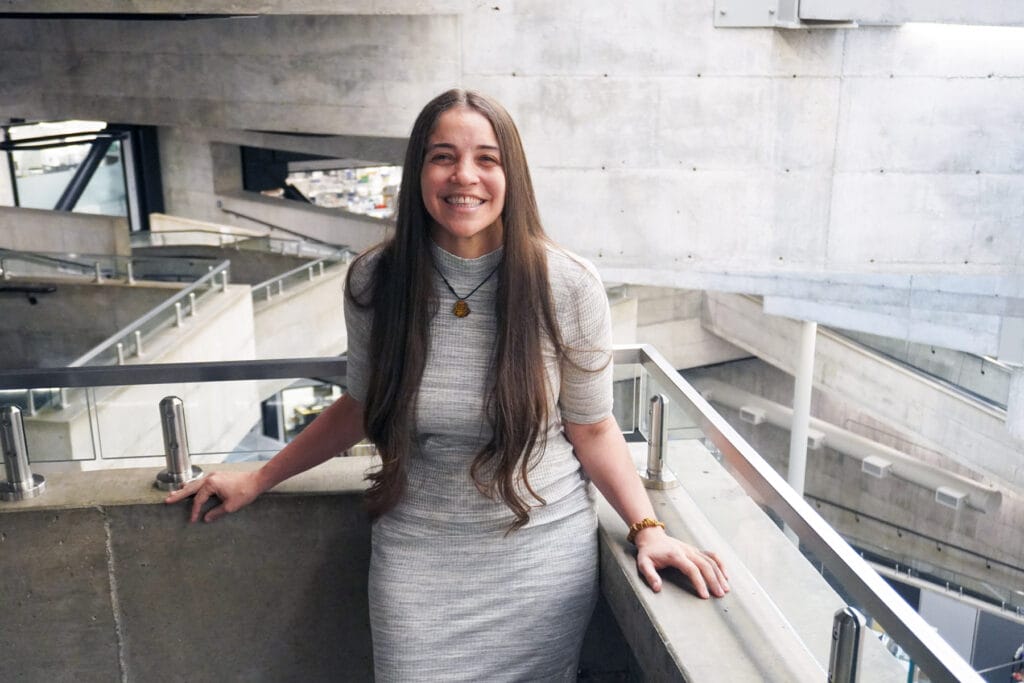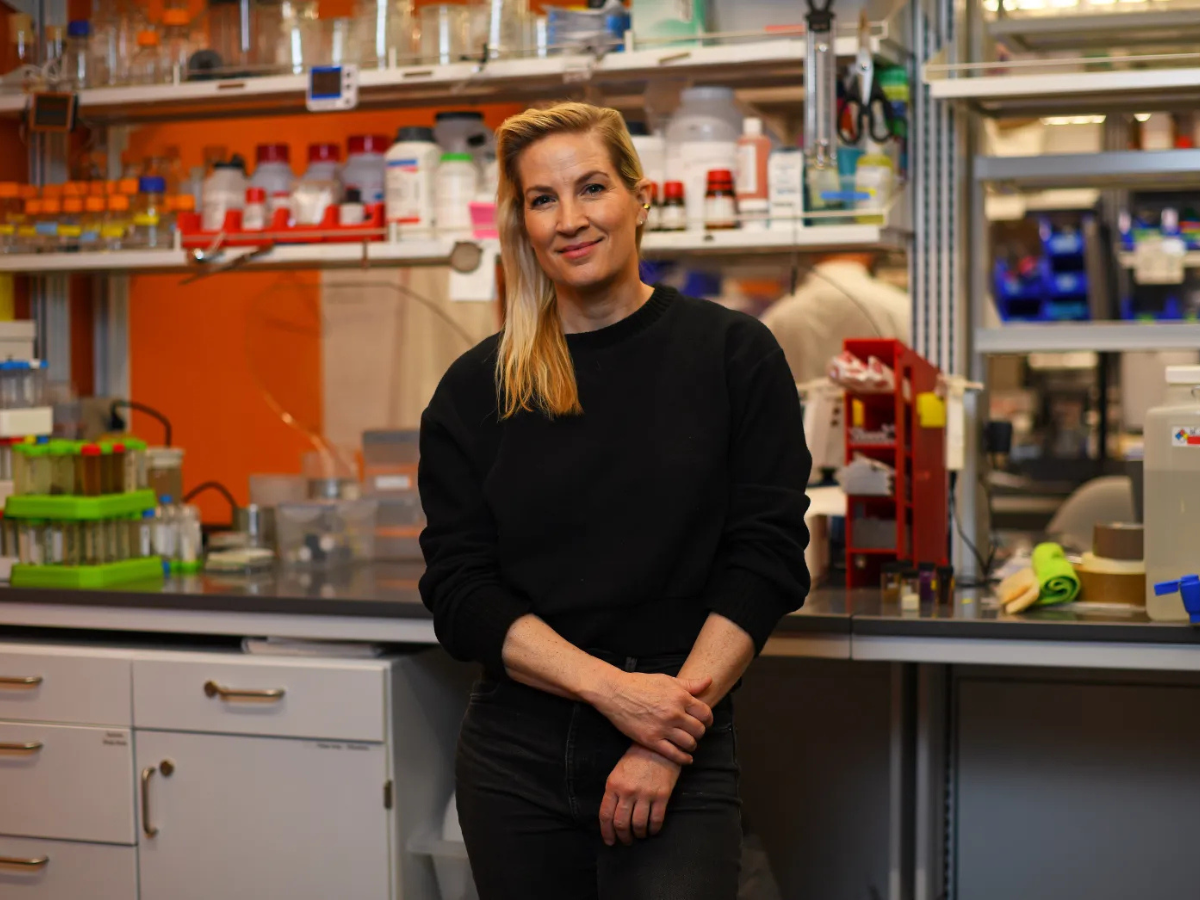Lab-Grown Cells Planted Under Skin Offer Hope for Diabetes
by Rhys Blakely at The Times (London). Read the full story.

A groundbreaking new treatment for type 1 diabetes, in which insulin-producing cells are grown in a laboratory and transplanted into a patient’s forearm, may be on the horizon.
The cells would sit just below the skin, doing a job that is usually done by the pancreas. Scientists believe the approach could free patients from daily insulin injections and round-the-clock blood sugar monitoring.
Insulin, a hormone produced by clusters of cells called islets in the pancreas, regulates glucose in the blood by promoting the uptake of sugar by cells around the body – but not enough insulin is produced in people with type 1 diabetes. About 400,000 Britons have the condition.
Without insulin injections, patients can die in a matter of days. Over time, excessive blood glucose can also damage blood vessels and organs, increasing the risk of conditions ranging from vision loss, kidney failure and nerve damage to heart disease and strokes.
Most patients inject insulin with needles, or use an insulin pump attached to their bodies. Since 2000, a small number have had a procedure in which islets from deceased donors are injected into the portal vein in the abdomen. They then find their way to the liver where they stay. he new approach, described at the annual meeting of the American Association for the Advancement of Science in Denver this week, begins with stem cells, which have the potential to become almost any kind of tissue. In the laboratory they are transformed to resemble the islet cells found naturally in the pancreas.
A trial involving four patients so far has indicated that insulin-producing cells from dead donors can survive in the forearm. The next step will involve using lab-grown cells. The process is being developed by Minutia, a biotech company that is working with technology from the University of California, San Francisco, and Duke University.
Katy Digovich, chief executive and co-founder of Minutia, said she decided to search for new treatments after spending time in Africa with the Clinton Health Access Initiative. People were often surprised to learn that Digovich, an athletic former college basketball player, had type 1 diabetes – a diagnosis that in many countries often means stunted growth, amputations and death.
Matthias Hebrok, of the Technical University of Munich, a co-founder of Minutia, presented research in Denver on how lab-made cells could be modified so the body did not identify them as “outsiders” and attack them, a problem that would otherwise require drugs to suppress the immune system. He said: “Of course, we’re at the very early stages … but we could generate as many cells as we would like, to treat a tremendous number of patients.”





